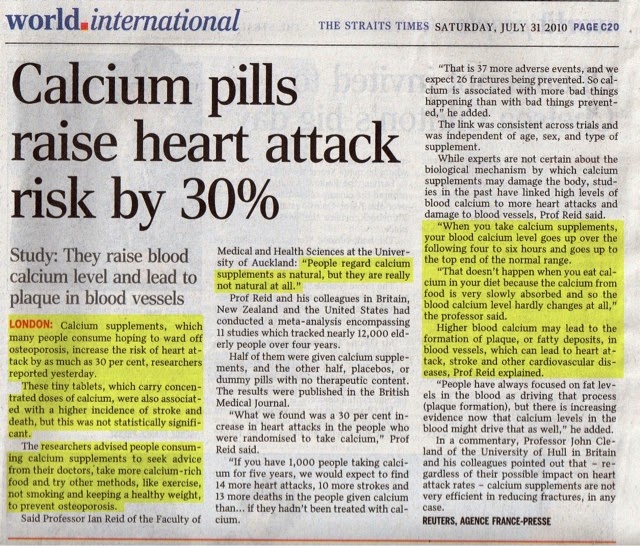Where does Whey Protein come
from?
Whey protein is a
mixture of globular
proteins isolated from whey, the liquid material created as a by-product of cheese production.
Whey protein typically comes in four major
forms
concentrate (WPC), isolate (WPI), hydrolysate (WPH)
and Native Whey.
Whey Protein Drink Side Effects
Whey protein is a dietary supplement, a powder derived from cow's milk that is lauded by athletes and bodybuilders for its ability to build hard, lean and strong muscles. The body needs protein as a source of energy, for building and repairing muscles and bones, and to maintain the body's metabolic functions. Whey protein contains the branched chain amino acids (BCAA) leucine, isoleucine and valine, essential amino acids for athletes and those who exercise. Whey protein is of high quality. It's easily digested and absorbed into the body.Serious Side Effects
Some serious side effects of whey protein may be related to a high protein intake. These include osteoporosis, kidney damage and liver damage. Another serious side effect is an allergic reaction, particularly in people with lactose intolerance.Osteoporosis
Osteoporosis is a condition in which bones become porous, weakened and brittle. They may fracture while bending or during a fall. Low levels of minerals in the bone, such as calcium, results in osteoporosis. Excessive whey protein may cause osteoporosis because amino acids break apart and pass into the blood during the digestion of protein, raising the acidity of the blood. According to the North Western Health Sciences University website, because your body must have a balanced pH level, calcium is pulled from the bone to neutralize the acidity. Therefore, the more protein taken in the diet, the higher the acidity of the blood and the more calcium needed.Kidney and Liver Damage
Excessive whey protein may not cause kidney or liver damage in healthy people. But because the body doesn't store excess protein, according to the Mayo Clinic website, the product of excess protein, nitrogen, is excreted by the liver and the kidneys.This makes people with kidney or liver disease and other chronic health condition at risk for kidney and liver diseases when excess protein is added to the diet and has to be excreted. These people should consult their health care provider before starting a new diet.Allergic Reaction
People with milk allergy or lactose intolerance may be at risk for developing an allergic reaction when taking whey protein drinks. Whey protein products shouldn't be taken by these people. Symptoms of an allergic reaction may include a rash or hives with itching and swelling of the face, tongue or throat, along with shortness of breath and difficulty breathing. An allergic reaction is a serious medical condition that requires immediate medical care and attention.Less Serious Side Effects
Less serious side effects of whey protein supplements may include headache, abdominal cramps, bloating and diarrhea.
Instead of taking Whey Protein, i will opt for safer alternative which is Nutrifresh, which contains 15 types of fruits and vegetables, with main ingredients - Soy Bean.
What's the main different between Plant based Protein vs Animal Protein?
You can look at the FAQ on Nutrifresh here.
http://www.eexcelasia.com/EN/Product/SVQA/JCYY/qa9.aspx
You are what you eat, why not choose something safer?
http://immunesuperfood.blogspot.sg/2014/03/milk-leads-to-more-calcium-loss.html
Cheers
Siew Choon
90263064







